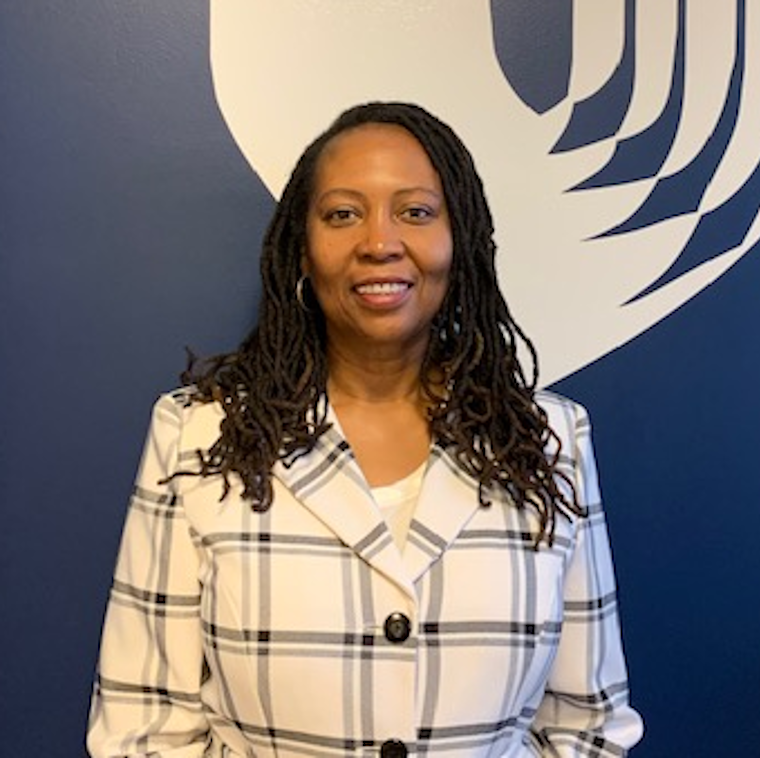This interview is one in a series of interviews with recipients of the 2020 ACGME Awards. The awardees join an outstanding group of previous honorees whose work and contributions to graduate medical education (GME) represent the best in the field. They will be honored at the upcoming ACGME Annual Educational Conference, taking place February 27-29 in San Diego, California.
Debra L. Dooley GME Program Coordinator Excellence Awardee Kimberly Brown, C-TAGME is the GME program coordinator for emergency medicine at Duke University Hospital.
ACGME: How did you become involved in academic medicine?
Brown: My career path has typically been administrative and before coming to Duke I worked for the College Board—just a different academic path from academic medicine. In January 2003, I uploaded my resume on Monster.com. At the end of that month, I received a call from Duke’s Human Resources Department asking if I would be interested in interviewing for a staff assistant position in the emergency medicine residency program. I was extremely excited because I had never worked in a hospital, especially one as prestigious as Duke. I immediately said “Yes!” without any thought about salary or job details. Later that day, I received a called from Dr. Susan Promes, the program director of the residency program. She gave me a short description of the job details and we set up the interview for the following week. I interviewed with Dr. Promes and Dr. Charles Gerardo, who at that time was the medical student clerkship director. I felt great about the interview and the same week, I was offered the job.
ACGME: What does receiving this award mean to you?
Brown: I am honored my program directors and the [designated institutional official] DIO recognize me for the work I contribute to make our program successful. It gives me inspiration to continue doing what I am doing and confirmation that if you are committed to doing something wholeheartedly, you will be rewarded.
ACGME: What is the most rewarding part of being a coordinator?
Brown: The most rewarding part of being a coordinator is watching the residency class graduate. I look at my residents’ faces, and they are all beaming with pride and joy. I too am overwhelmed with joy, because as the coordinator, I have contributed to their reaching the end of their residency.
ACGME: What is the most challenging part of being a coordinator?
Brown: The challenging part of being a coordinator is being pulled in many directions daily and setting priorities based on the need of the program director, assistant program directors, residents, faculty members, ACGME [Accreditation Data System] ADS, GME, GME Track, and the American Board of Emergency Medicine. It takes lots of planning and effort to decide what must be handled first and coming up with a sequence or order for getting things done. Most days, my to-do list is overflowing with tasks, so I have to prioritize based on individual needs and annual residency program cycle, because throughout the year mandatory reports are required for ADS, GME Track, and ABEM.
ACGME: What advice do you have to brand-new coordinators who are just starting their careers?
Brown: As a residency coordinator for 16 years at Duke, I’ve learned how to go with the flow and shift my mindset when changes occur. Develop these coping mechanisms because the coordinator role continues to evolve, due to the increasing regulatory demand in medical education.

